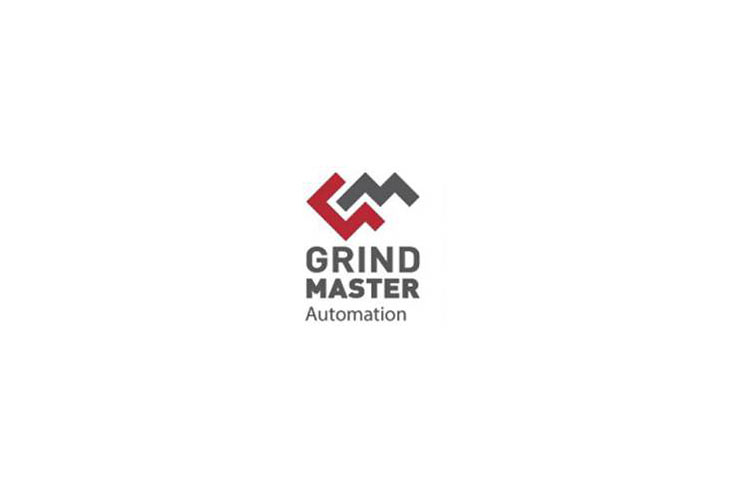Grind Master has a history of building Special Purpose Machines for Metal Finishing and Deburring Applications. For components requiring complex motions for processing, Robotics opened a new avenue for Automation. Grind Master Automation group was started to provide customers with Robotic Applications in metal finishing, deburring and fettling/deflashing. These applications are considered difficult to automate and prove, as demonstrated by numerous failures visible in the market in form of cells lying idle.
Grind Master could succeed because of its strong base in machine building, domain expertise in process and understanding of Robotics.
Mr. Sameer Kelkar, Executive Director at Grind Master, joined the business after completing Masters in Robotics, followed by Work experience in Automation in Switzerland. Under this leadership, Grind Master Automation group has built and proven Robotic Cells/Machines in varied applications including Front Axle Beam Grinding, Sanitary Ware Parts Polishing, Crankshaft Deburring and Stainless Steel Fabrication Polishing.
Grind Master is Extremely Proud to announce the Dispatch of our 25th Robot.
These turnkey solutions provided by Grind Master are in operation all across India, and also in the Middle East. The 25th Robot Cell is a sophisticated Coated Abrasive Belt Testing R&D Facility for a Major Global Abrasive Manufacturer, being used for experimenting with new materials.
Grind Master is closely associated with KUKA Robots. “Grinding, Machining, Polishing requires mechanically sturdy and reliable robots. Our collaboration with KUKA with their excellent range of products and services since 2010 provides customers solutions that exceed expectations”.
Recently developed products in Robotic Automation include Robotic Iron Casting Fettling Machine RCF Series and Robotic Aluminium Deflashing Machine RCP series. Used in Foundry Sector in hazardous operations, these solutions are on the spur of a revolution in Indian manufacturing in foundry and die casting industry, by transforming the way that these traditionally “Dirty” processes have been done.


